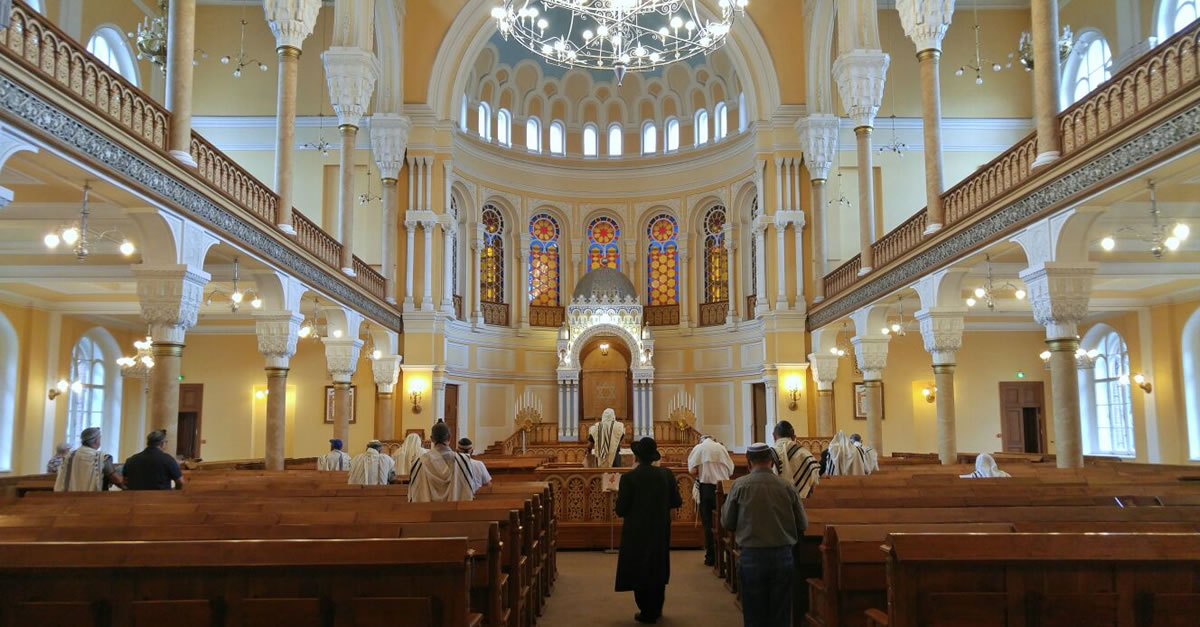William Ury is Professor of Systematic and Historical Theology at Wesley Biblical Seminary, Trinitarian Personhood is the published version of his dissertation undertaken at Drew University. Part of the reason Ury undertook this project was because he noticed a “bankruptcy of modern thought with regard to personhood.” (4) He attributes this bankruptcy to a lackContinue reading “Trinitarian Personhood”
Tag Archives: trinity
Persons in Communion
Karl Barth famously made the decision to speak of “modes of being” (Seinsweise) rather than persons when speaking of the Trinity. There are several reasons why Barth decided not to adopt “person” language. For example, Barth was concerned that the term “prosopon” too closely implied a form of Sabellianism, where persons were like masks ofContinue reading “Persons in Communion”
Being and Communion
When Being as Communion came out (especially in English) generated much discussion regarding the doctrine of the Trinity and the doctrine’s relationship to ecclesiology. Although many Trinitarian theologians would say that the divide between Eastern and Western Trinitarian theologies has been overplayed, Zizioulas emphasis on the uniqueness of Orthodox Trinitarian theology leads to many constructive claims. TheseContinue reading “Being and Communion”
Some Thoughts on “Dabru Emet”
Dabru Emet (“Speak the Truth”) is a statement by more than 170 Jewish scholars issued in September 2000. It reflects upon potential points of contact between Jews and Christians. You can read the full document here: First Things Magazine – Dabru Emet Having now read through Dabru Emet I find myself in general agreement withContinue reading “Some Thoughts on “Dabru Emet””
Jonathan Edwards’s Argument Against Unitarianism in Miscellany 96
Today I’m finally putting pen to paper for a short introduction to two of Edwards’s miscellanies for a reader being published by Jonathan Edwards Press. In the reader I will be introducing Miscellany 96 which is on the Trinity and Miscellany 279 which is on the torments of hell. The plan is basically to introduceContinue reading “Jonathan Edwards’s Argument Against Unitarianism in Miscellany 96”
“RIGHTS, RECOGNITION, AND THE BODY OF CHRIST: Responses” – ROWAN WILLIAMS – THE 2018 PAYTON LECTURES
This year’s Payton Lectures are being given by the Right Reverend Rowan Williams, the 104th Archbishop of Canterbury – what follows are my notes from the responses given to the second lecture. Payton Lectures Theology and Human Rights: Tension or Convergence “Rights, Recognition, and the Body of Christ” (Responses) The Right Reverend Rowan Williams Continue reading ““RIGHTS, RECOGNITION, AND THE BODY OF CHRIST: Responses” – ROWAN WILLIAMS – THE 2018 PAYTON LECTURES”
“Rights, Recognition, and the Body of Christ” – Rowan Williams – The 2018 Payton Lectures
This year’s Payton Lectures are being given by the Right Reverend Rowan Williams, the 104th Archbishop of Canterbury – what follows are my notes from the second lecture. Payton Lectures Theology and Human Rights: Tension or Convergence “Rights, Recognition, and the Body of Christ” (Lecture) The Right Reverend Rowan Williams What is owed toContinue reading ““Rights, Recognition, and the Body of Christ” – Rowan Williams – The 2018 Payton Lectures”
STANLEY GRENZ’S THEOLOGICAL ANTHROPOLOGY – A CRITIQUE (PT. 4)
This is the final part of a short series in which I look at Stanley Grenz’s theological anthropology as it can be found in “The Social God and the Relational Self: A Trinitarian Theology of the Imago Dei.” From our brief survey of Grenz’s method and content it is quite clear that Grenz has attemptedContinue reading “STANLEY GRENZ’S THEOLOGICAL ANTHROPOLOGY – A CRITIQUE (PT. 4)”
Stanley Grenz’s Theological Anthropology – Method (PT. 2)
This is part two of a short series in which I look at Stanley Grenz’s theological anthropology as it can be found in “The Social God and the Relational Self: A Trinitarian Theology of the Imago Dei.” As I have already hinted in the previous post, Grenz’s project can best be understood as intentionally engagingContinue reading “Stanley Grenz’s Theological Anthropology – Method (PT. 2)”
Stanley Grenz’s Theological Anthropology – An Introduction (Pt. 1)
Today marks the beginning of a short series in which I look at Stanley Grenz’s theological anthropology as it can be found in “The Social God and the Relational Self: A Trinitarian Theology of the Imago Dei.” In writing The Social God and the Relational Self: A Trinitarian Theology of the Imago Dei the lateContinue reading “Stanley Grenz’s Theological Anthropology – An Introduction (Pt. 1)”




